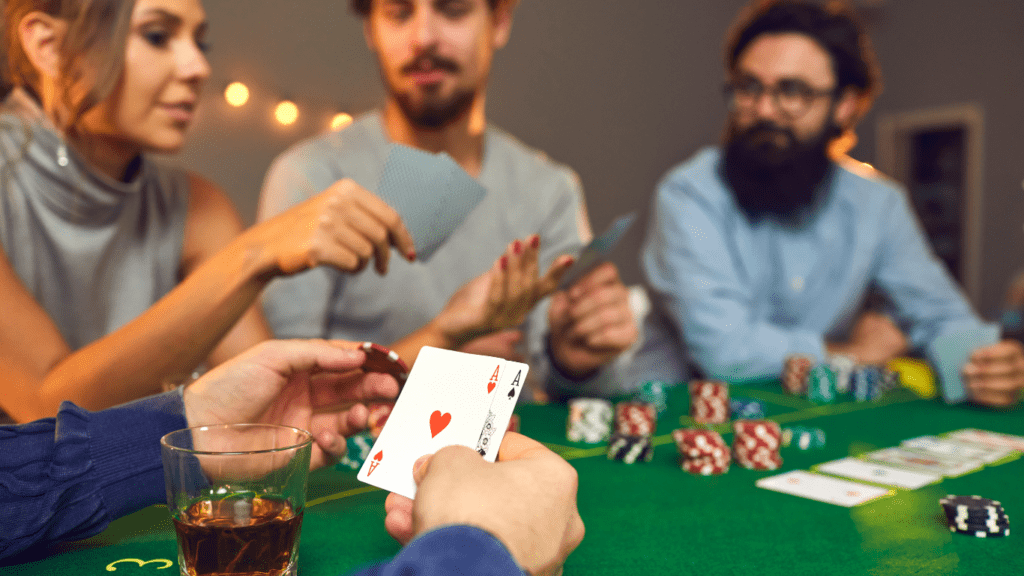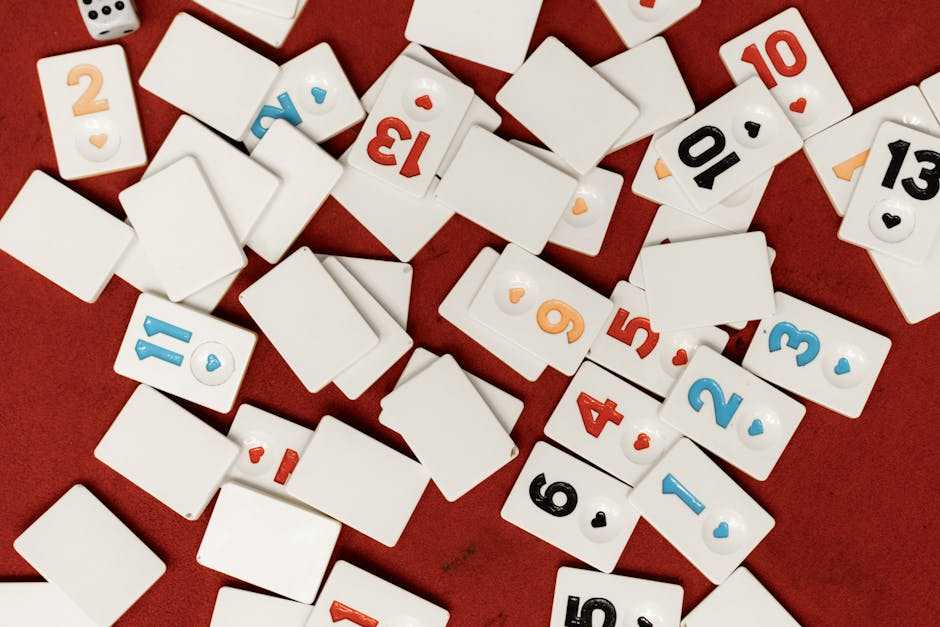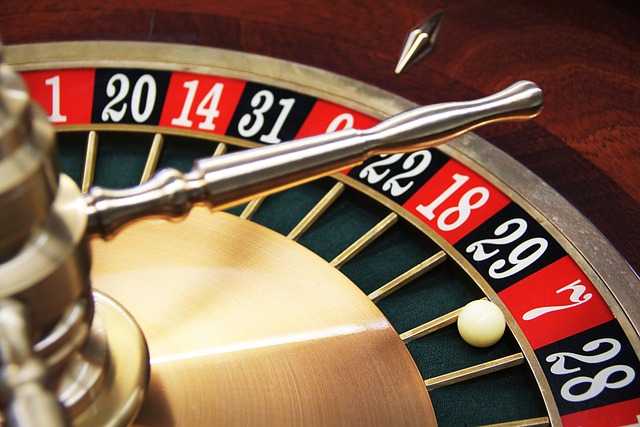Understanding Social Influences in Gambling
Social influences significantly shape gambling behaviors. They manifest in various forms, impacting an individual’s choices and actions.
The Role of Society in Shaping Gambling Behaviors
Society impacts gambling through normalization and exposure. Casinos, lotteries, and betting apps become normalized when society accepts and promotes them.
Exposure to these activities increases, leading to higher participation. For example, sports events often feature betting advertisements, making gambling seem integral to the experience.
Connections between social networks and gambling behaviors also play a key role. Friends and family who gamble can introduce and encourage gambling, creating a cycle of influence.
Impact of Cultural Norms on Gambling
Cultural norms dictate acceptable behaviors and practices. In some cultures, gambling is intertwined with tradition and social gatherings.
For instance, playing cards or betting in celebrations can be common, normalizing gambling from a young age. Contrarily, societies that stigmatize gambling see lower participation rates.
Understanding cultural contexts helps in identifying why certain groups may be more prone to gambling. These insights are crucial for developing tailored interventions and prevention strategies.
Peer Pressure and Its Impact on Gambling
Peer pressure significantly impacts gambling behaviors. Social environments encourage individuals to engage in gambling activities they might avoid independently.
How Peer Groups Influence Gambling Decisions

Peer groups play a major role in shaping gambling decisions. When friends or colleagues frequently gamble, individuals might feel compelled to join.
The desire for social acceptance leads many to participate in gambling. For example, group outings to casinos or sports betting events create a shared activity that reinforces gambling as a norm.
Peer approval often outweighs personal reservations, driving people to gamble to fit in.
The Chronic Cycle of Peer Influence and Gambling
Peer influence often creates a chronic cycle of gambling. Continuous exposure to gambling within social circles normalizes the behavior. Regular participation, encouraged by peers, can lead to habitual gambling.
This cycle perpetuates itself, as individuals feel ongoing pressure to conform to group norms.
Consequently, this can result in increased gambling frequency and, potentially, problem gambling.
Breaking this cycle requires intervention strategies that address both peer dynamics and individual behaviors.
The Psychological Aspects of Gambling Under Social Pressure
Under social pressure, gambling behaviors can change significantly. The psychological aspects of these changes are driven by internal conflicts and social dynamics.
Cognitive Dissonance and Gambling
Individuals experience conflicting thoughts when gambling under social pressure.
This discomfort is known as cognitive dissonance. Gamblers want to avoid inconsistent behaviors, so they rationalize their decisions to gamble, especially when influenced by peers.
For instance, knowing gambling can lead to losses but continuing to participate to align with the group norms creates dissonance.
To resolve this, gamblers might downplay the risks involved or overestimate their chances of winning, convincing themselves that their actions are justified.
Social Identity Theory and Gambling Behavior
According to social identity theory, people derive part of their identity from the groups they belong to. In gambling, peer groups strongly influence an individual’s behavior.
If belonging to a group that often engages in gambling, individuals may adopt these gambling behaviors to reinforce their social identity.
Research shows this identification can lead to increased risk-taking and sustained gambling habits.
For example, sports teams or colleagues who frequent casinos create a setting where gambling becomes part of the group’s culture, normalizing such behavior and pushing individuals to conform.
Addressing and Mitigating Negative Social Influences
Mitigating the negative social influences of gambling requires targeted strategies. Effective interventions can help individuals and communities reduce the impact of peer pressure and societal norms around gambling.
Strategies for Individuals
Individuals can utilize various strategies to combat negative social influences in gambling. Equipping oneself with knowledge about the risks can create awareness and reduce susceptibility.
- Education: Learning about the dangers of gambling helps individuals recognize harmful patterns and avoid risky behavior. Programs and resources, such as Gamblers Anonymous, provide valuable information.
- Mindfulness: Practicing mindfulness can reduce impulsive gambling driven by social triggers. Techniques like meditation aid in maintaining self-control.
- Healthy Social Networks: Building relationships with non-gambling peers provides a support system resistant to peer pressure. Engaging in community activities can foster such networks.
- Setting Boundaries: Establishing clear personal limits on gambling time and money ensures control. Communicating these boundaries to friends and family can prevent pressure.
Community and Policy-Level Interventions
Communities and policymakers play a significant role in mitigating negative social influences on gambling. Implementing systemic interventions can create an environment less conducive to gambling addiction.
- Public Awareness Campaigns: Community initiatives that highlight the risks associated with gambling can shift societal perceptions. Campaigns that share real-life stories foster empathy and understanding.
- Support Services: Establishing easily accessible support services for individuals affected by gambling can aid recovery. Helplines and counseling services provide crucial assistance.
- Regulation and Enforcement: Policymakers can enforce regulations to limit gambling advertising and accessibility. Stricter controls on betting platforms reduce impulsive gambling.
- Educational Programs: Integrating gambling education into school curriculums teaches young people about its risks. Early education helps prevent the normalization of gambling.
Through these strategies, it’s possible to address and mitigate the pervasive social influences that contribute to gambling issues.




